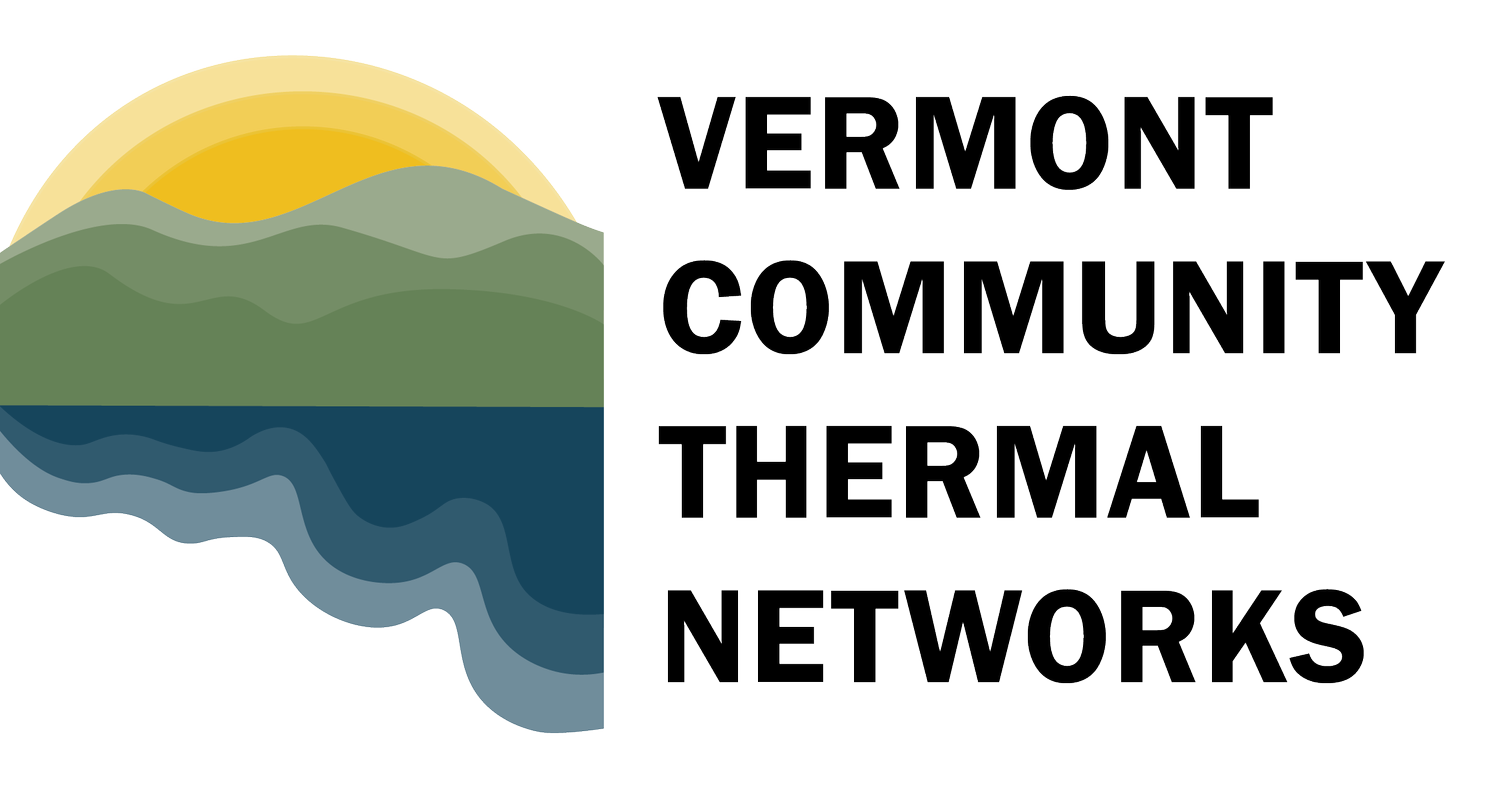As of May 2024, Vermont law now creates a pathway for implementing Thermal Energy Networks in Vermont communities. This policy:
Authorizes all municipalities to build Thermal Energy Networks and establish thermal energy utilities without Public Utility Commission approval or regulation, just as municipal water and sewer utilities operate under local control.
Does not apply to campus, condominium, cooperative or landlord/tenant properties where the owner can provide a Thermal Energy Network to itself and/or its members or tenants. These endeavors, as for municipalities now, are governed only by other laws such as Act 250 or zoning.
Vermont Policy on Thermal Energy Networks
A green light for local heating and cooling solutions
Vermont’s Act 142 includes language allowing municipalities to own and operate Thermal Energy Networks.
Successful Legislation: A green light for local solutions
Other states have authorized utilities to implement these systems, including NY, MA, CO, WA, MD, and MN. Vermont’s policy is adapted from New York’s Utility Thermal Energy Network and Jobs Act, which was supported by a surprising alliance of utilities, unions, and climate advocates.
Backed by a similar coalition of Vermonters united in support of making Thermal Energy Networks available across the state, Vermont statute now creates a pathway for putting this clean energy solution to work in our communities.
Learn more about the policy in our fact sheet:
How Thermal Energy Networks can work for Vermont cities and towns
Community development of Thermal Energy Networks in Vermont can help us achieve our climate goals as well as support many other community benefits. We can prioritize affordable housing, reduce demand on the electric grid, and current fossil fuel workers can use their existing skills to build these systems.
Some Thermal Energy Networks are owned and managed by municipalities. These two systems have been operational for over a decade:
West Union, Iowa is a small, rural community that runs a thermal network, connecting a courthouse with surrounding businesses and contributing to the downtown’s revitalization.
False Creek, a neighborhood in Vancouver, provides about 70% of the heating and cooling needs of buildings in the area with heat recovered from the nearby wastewater treatment plant.
Statewide authorization for municipalities to set up thermal energy utilities, as they do with water and wastewater systems, does not mean that Vermont cities and towns have to finance, build, and manage Thermal Energy Networks themselves.
There are many pathways to developing and operating this shared energy infrastructure. We’re working with mission-driven Thermal Energy Network development experts to bring the lowest cost, most effective approaches and partners to Vermont communities.
Learn more about what this authorization means for cities and towns in our fact sheet on the new policy.
Please be in touch with your questions and ideas: info@vctn.org.
Info Session: January 29, 2024
Thank you to all who joined us to learn about Vermont’s Thermal Energy Networks policy as proposed, to hear from legislators and town leaders about the importance of local ownership, and to share questions.


